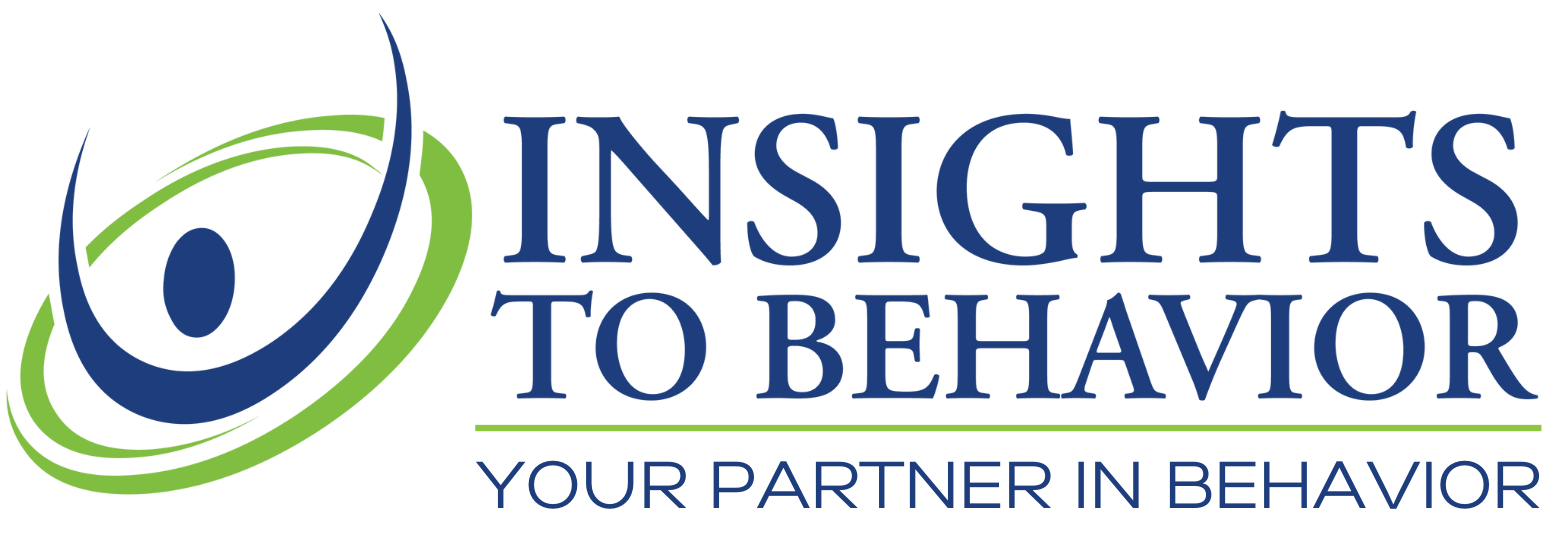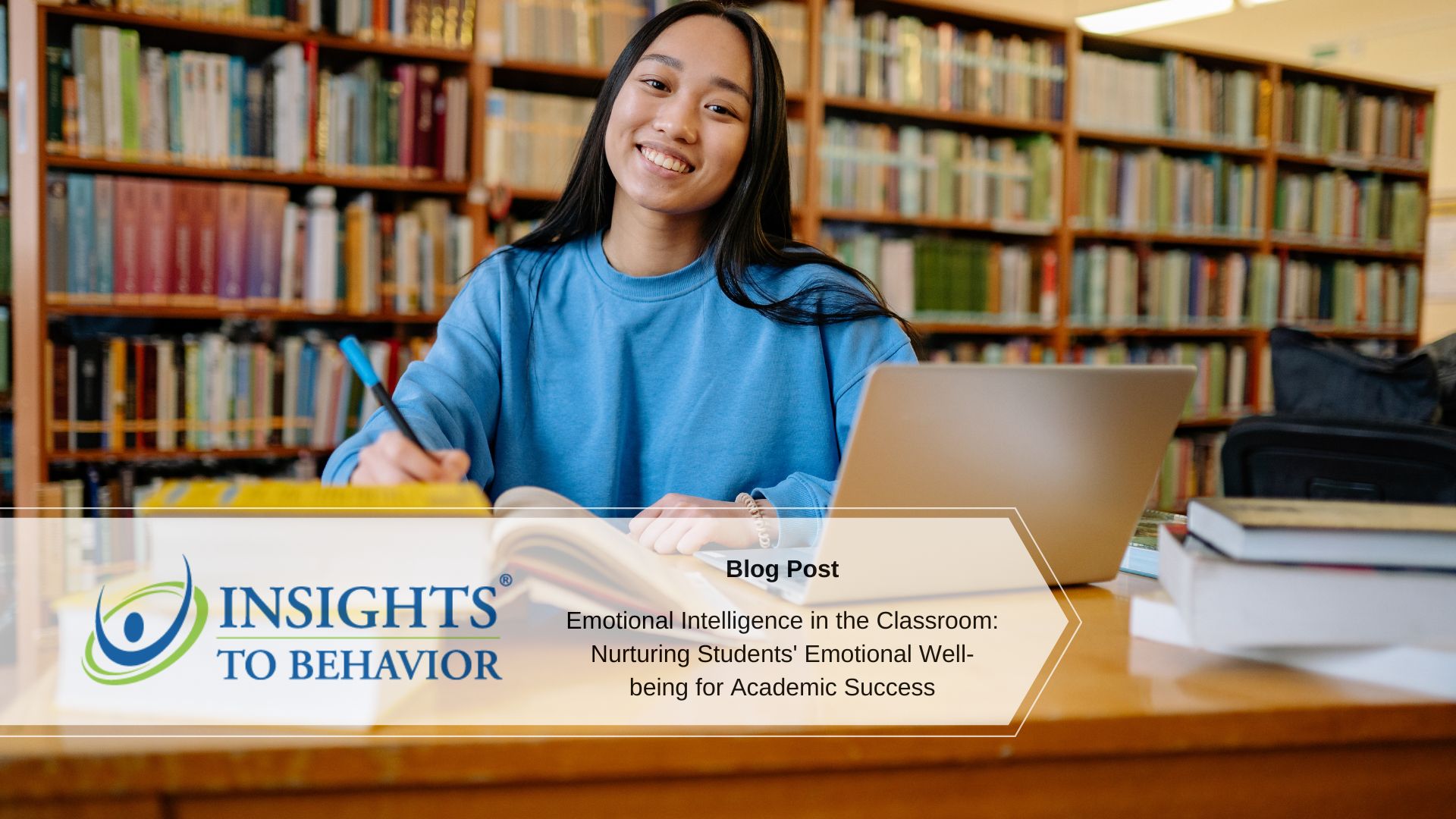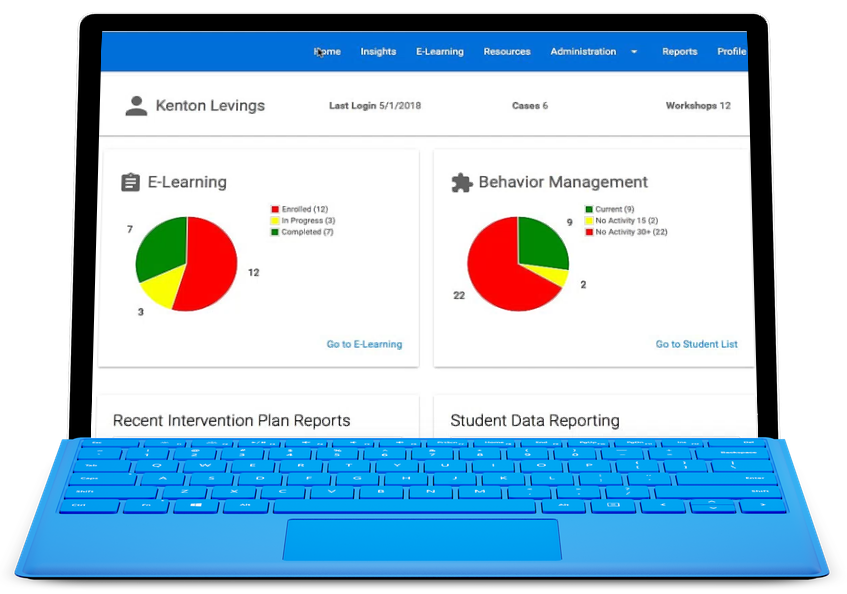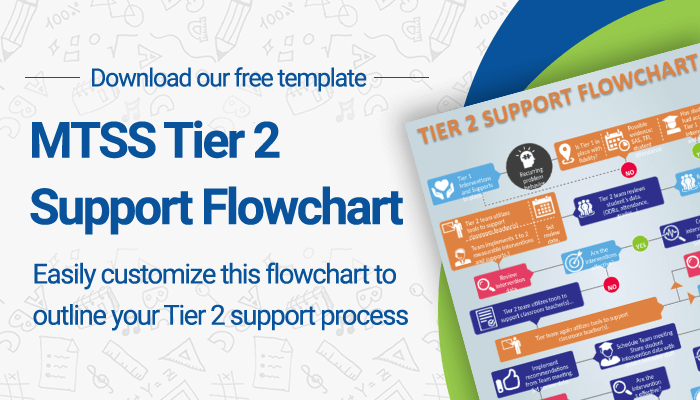Emotional intelligence (EI) plays a vital role in students’ academic success and overall well-being. As educators, we understand that teaching encompasses more than just academics; it involves nurturing students’ social and emotional skills. In this article, we’ll explore the significance of emotional intelligence in the classroom and provide evidence-based strategies for educators to foster EI skills among their students.
Understanding Emotional Intelligence
Emotional intelligence involves recognizing, understanding, and managing emotions, both in oneself and others. This includes components such as self-awareness, self-regulation, social awareness, and relationship management. These skills are essential for personal and professional success, impacting various life domains, including academic performance.
The Impact of Emotional Intelligence on Academic Performance
Research consistently demonstrates a positive correlation between emotional intelligence and academic success. Students with higher emotional intelligence tend to be more engaged in learning, exhibit better classroom behavior, and achieve higher grades. Moreover, school-based interventions focusing on social and emotional learning significantly improve students’ academic performance (Brackett et al., 2006).
Strategies for Fostering Emotional Intelligence in the Classroom
Cultivating Self-Awareness
One effective strategy is to cultivate self-awareness among students. Activities such as journaling, mood tracking, or self-reflection exercises help students identify and understand their emotions. Creating a classroom environment that encourages self-awareness leads to better emotional regulation and academic engagement among students.
Teaching Self-Regulation
Teaching self-regulation skills is crucial for helping students manage their emotions effectively. Mindfulness exercises, deep breathing techniques, or cognitive-behavioral strategies are proven methods for enhancing self-regulation. Incorporating these practices into the curriculum empowers students to navigate challenging situations with resilience and composure.
Developing Social Awareness
Promoting social awareness is another key aspect of fostering emotional intelligence. Activities that encourage empathy and perspective-taking help students understand and respect others’ emotions and perspectives. Teaching empathy enhances students’ interpersonal relationships and contributes to a positive classroom climate (Raver & Knitzer, 2002).
Integrating Emotional Intelligence into the Curriculum
Embedding EI into Lesson Plans
Integrating emotional intelligence into lesson plans across various subjects reinforces EI skills in students. For example, discussions on emotional vocabulary or conflict resolution skills can be incorporated into language arts or social studies lessons. Teaching emotional competence at an early age lays the foundation for healthy social and emotional development.
Promoting Emotional Intelligence through Classroom Culture
Creating a supportive and emotionally safe classroom environment is essential for fostering emotional intelligence. Teachers play a crucial role in modeling EI skills and nurturing positive teacher-student relationships. A classroom culture that values empathy, cooperation, and mutual respect contributes to students’ emotional well-being and academic success.
Overcoming Challenges and Conclusion
Implementing strategies to foster emotional intelligence may face challenges, such as time constraints or resistance from students. However, with dedication and persistence, educators can create a conducive learning environment where students thrive academically and emotionally.
Emotional intelligence is a fundamental skill that enhances students’ academic performance and prepares them for success in life. By integrating evidence-based strategies into their teaching practices, educators can nurture students’ emotional well-being and contribute to their overall development. Insights to Behavior provides the training and tools you need to implement strategies that foster emotional intelligence in your school. Over 3,800 schools across five countries use our tools and software. Sign up for our free monthly managing student behaviors series here.




